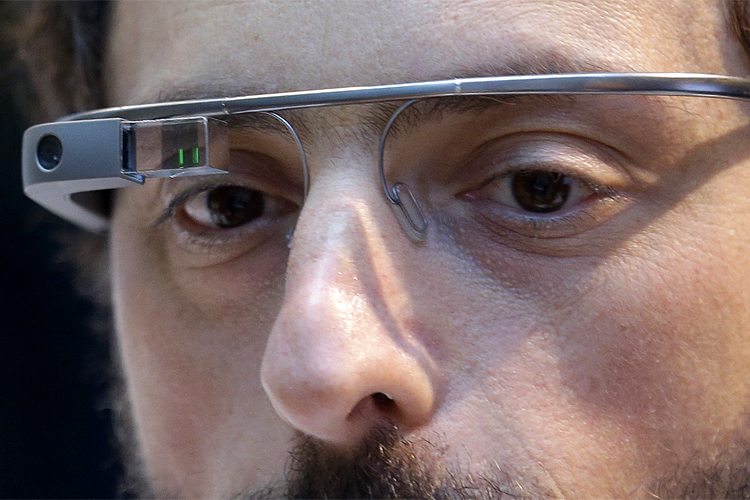The content on Scribd, the San–Francisco based startup that aims to create the digital library of the future, is available on a range of devices, from laptops to smartphones to tablets. But CEO Trip Adler tells Fast Company we won’t be reading e–books in our hands in the future––they’ll be projected right in front of our eyes.
On Oct. 1, the company launched a partnership with HarperCollins, which is making the majority of its titles accessible to Scribd subscribers for $8.99 per month. Adler believes the service positions Scribd as a sort of Netflix for the book space. While its catalog of e–books are readable on devices like iPads and iPhones though, there are some glaring exceptions: Scribd content can’t be read on e–readers such as Amazon’s Kindle or Barnes & Noble’s Nook. But Adler has no plans to build similar hardware; rather, he envisions a day when Scribd will build what he calls “reading goggles.”
“If we’re going to build hardware, the thing we want to do is build reading goggles, so you can do hands–free reading,” Adler says. “It’s a little bit of a crazy idea, and I think it’s a long way away for us, but there is already a number of e–readers out there, and I don’t think people need yet another device.”
In Adler’s view, the future of e–readers (eye–readers?) is in hands–free technology. Holding heavy books or tablets is cumbersome, Adler believes, describing the need for a more immersive experience than Google Glass. “Holding a book you’re reading is kind of old school,” he explains. “You should be able to just read on your back looking at the ceiling, with the reading experience probably projected in front of [your eyes].”
Adler stresses that Scribd is still “years away” from even considering producing such a product. It’s moon–shot thinking. The details––how you would scroll, jump to different pages, and so forth––still need to be figured out.
“At this point, it’s only [a] half–serious [idea],” Adler says. “We’re growing as a company, so we’ll see if we’re actually going to go to that level and become a hardware company. I don’t know at this point. But this might be the kind of thing we do down the road.”
![]()

